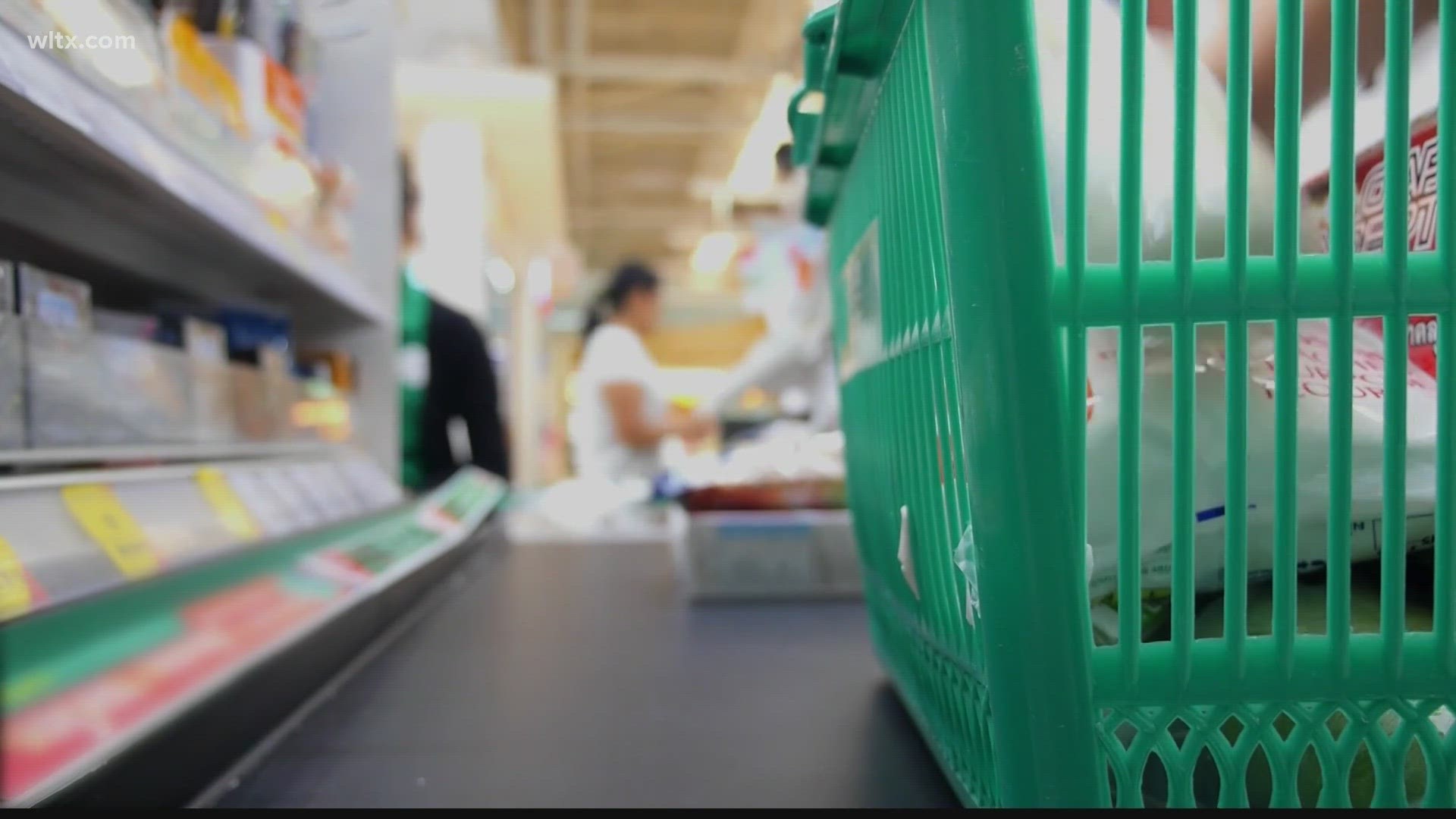COLUMBIA, S.C. — In 2003, Don Williams faced the challenge of reintegrating into society after serving a year-long sentence for a drug trafficking charge.
"When I came home, we were still struggling," Williams said
With the intention of rebuilding his life, Williams applied for SNAP benefits to support himself and his family.
"I thought, 'I can be on these stamps for a little while, while I get myself together,' but then, whew, the rug gets pulled out from under me," Williams said.
Three months later he received a letter from the Department of Social Services, announcing the termination of his benefits due to his felony drug conviction.
"That's a horrible feeling. I mean, it's devastating," Williams lamented. "It was like we were right back at square one."
This law dates back to 1996 when President Clinton signed welfare reform into law.
At the South Carolina Appleseed Legal Justice Center in Columbia, Attorney Sue Berkowitz tirelessly assists numerous families facing circumstances similar to Williams.'
"It is a federal law that states can opt out of, and South Carolina is the only state in the nation that has not even done a partial opt-out," Berkowitz explained.
Berkowitz emphasizes that the 2023 Restore Act, currently before Congress, has the potential to usher in a new era.
If enacted, this legislation would repeal the nearly three-decade-old federal law allowing states to deny nutrition assistance to individuals with felony drug convictions for their lifetimes.
"This doesn't need to be a political issue. This is a people issue. It will help those who are trying to go back to work; it will help their families. Nobody wants to see folks go hungry," Berkowitz said.
Today, Williams channels his personal experiences into helping former inmates find stable employment through his Spartanburg-based nonprofit, Jumpstart.
"We let them know that we're no longer dope dealers, but we're hope dealers," said Williams.
He is hoping that Congress takes action so that nobody goes through what he went through.
"It will reduce recidivism because if I'm if I'm hungry, I'm starving, and I can't get no help from anywhere else. And all I know is this. Then what I'm gonna do what I know," said Williams.

